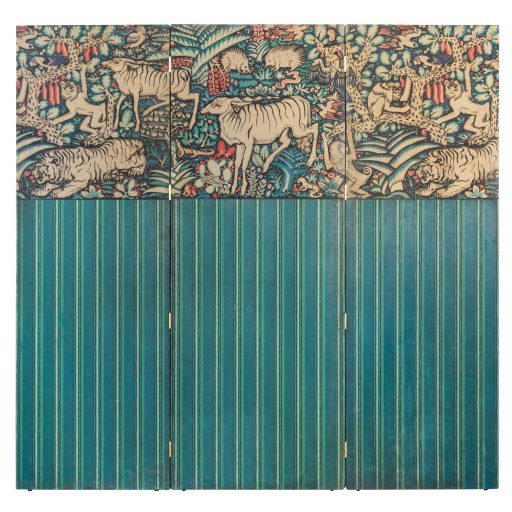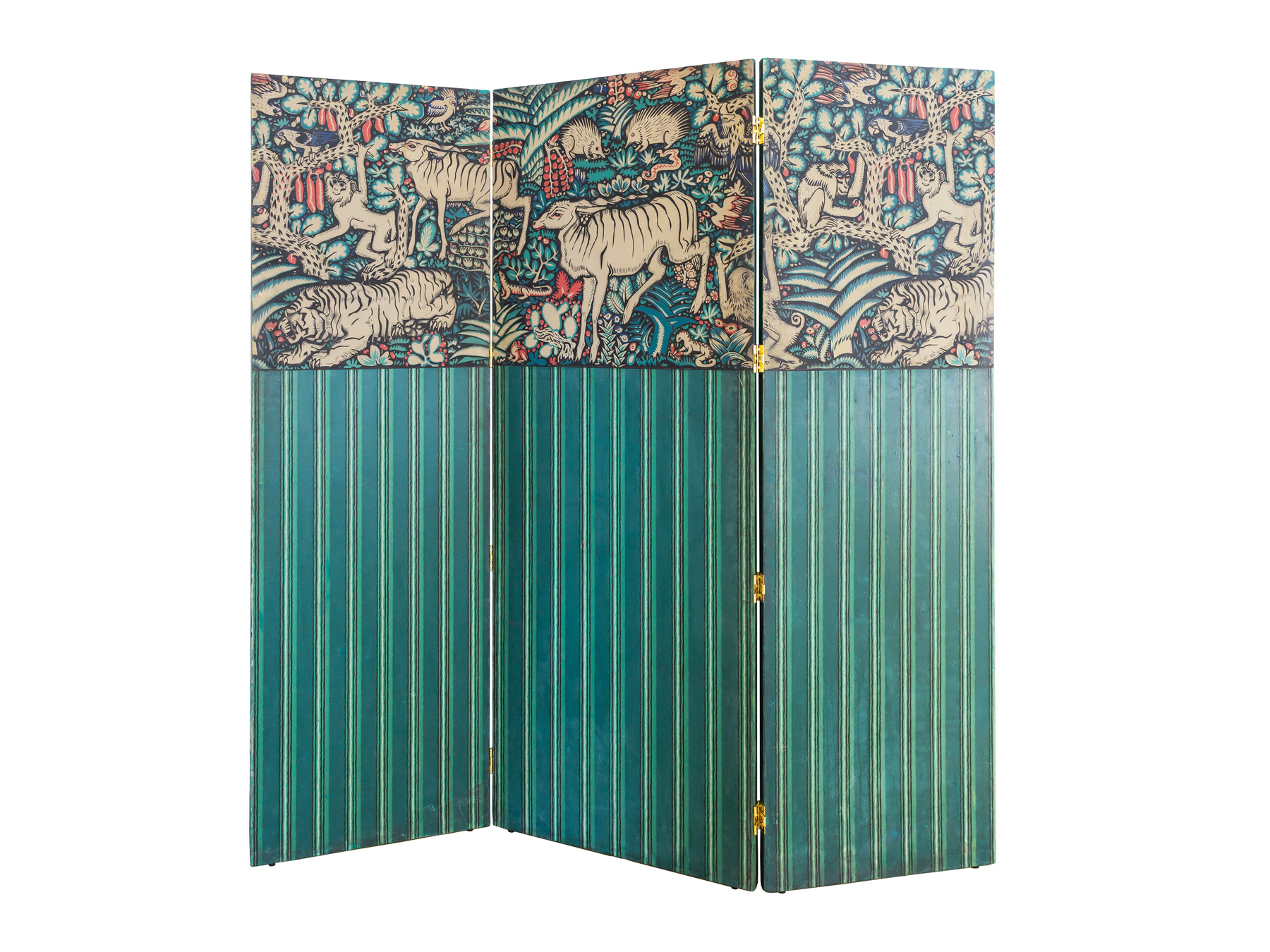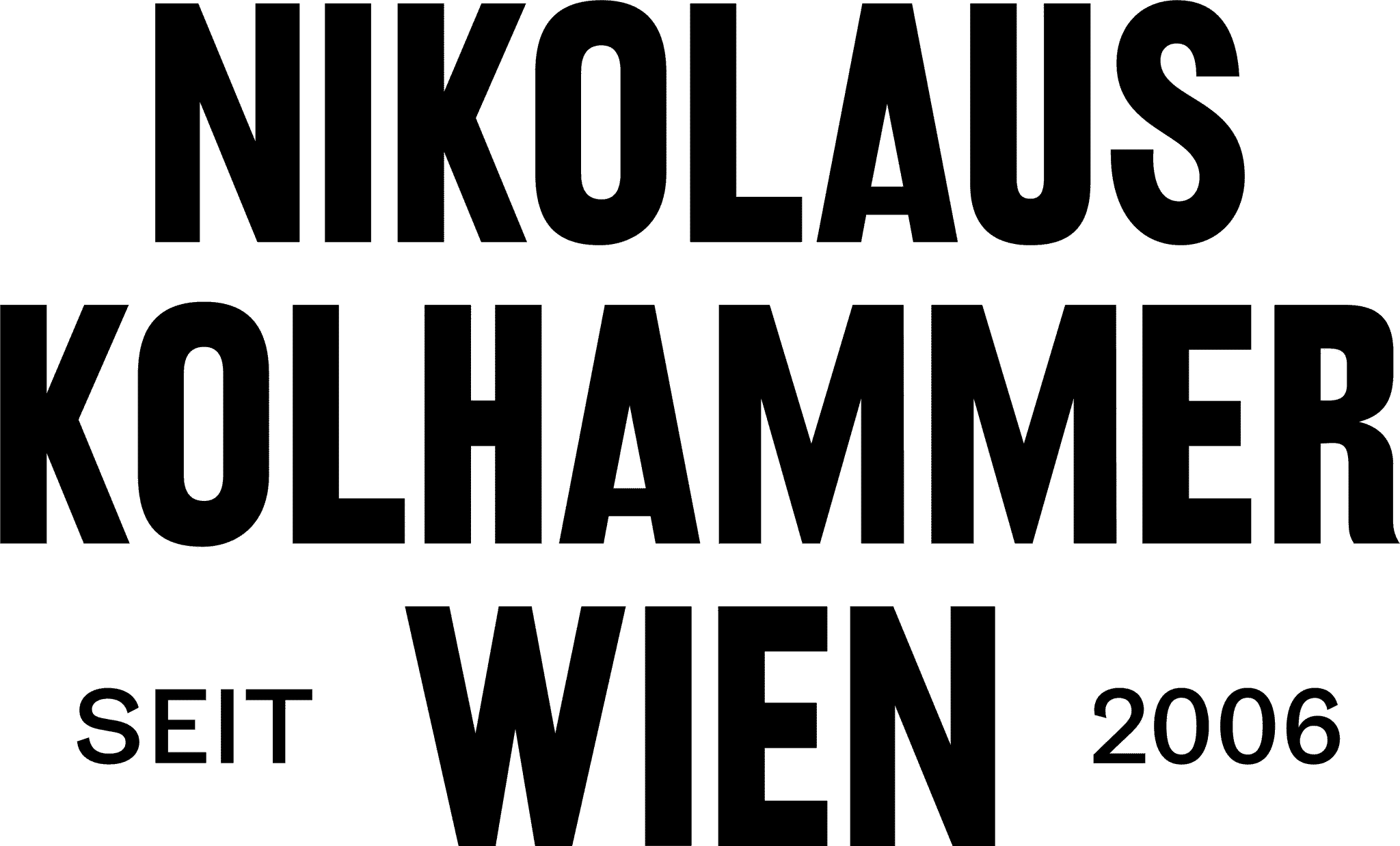Three-part paravent Ludwig H. Jungnickel ca. 1909
Three-part folding screen with exotic animals, Ludwig Heinrich Jungnickel , ca. 1909, printed paper on wood, documented
Bib.: cf. documented design for an animal frieze in the children’s room of Palais Stoclet/Brussels in Ilse Spielvogel-Bodo, „Ludwig Heinrich Jungnickel. Ein Leben für die Kunst“ (a life dedicated to art), Johannes Heyn publ., Klagenfurt 2000, p. 355; depicted in Deutsche Kunst und Dekoration, XVI, vol. 7, 1913, p. 359
Out of stock
Description
Ludwig H. Jungnickel worked also as designer for the Wiener Werkstatte (WW) and created decorations for glass, fabrics, and graphic designs. His most eminent work for the WW was an animal wall frieze for the children’s room at the Palais Stoclet in Brussels. In 1905, the Belgian industrialist Alphonse Stoclet commissioned Josef Hoffmann and his WW to realize this Gesamtkunstwerk. Until its completion in 1911 the most progressive Austrian artists of their time, such as Gustav Klimt, Josef Hoffmann, and Michael Powolny, worked on it.
Jungnickel first exhibited his color woodcuts at the Kunstschau Vienna in 1908, followed in 1909 by a series of motifs showing exotic animals from the Schönbrunn Zoo. He received international recognition for this work. It is documented that Jungnickel produced three designs for the Stoclet frieze in the same period. Our paravent, showing an idyllic forest landscape with exotic animals, goes back to one of these designs and was probably executed around 1908-09. According to Peter Weber, Jungnickel estate’s administrator, the three panels were made as individual pieces under the artist’s supervision. The paint was applied to the paper using wood, model, and roller printing techniques, and then some details were inserted and painted over by hand by Jungnickel himself. A circumstance that, according to Weber, was quite typical of the artist’s working style.
The design drawing for this screen was published in an article by Berta Zuckerkandl in the magazine “Deutsche Kunst und Dekoration” in 1913. The connection to the Palais Stoclet elevates this work to an exceptional rarity.
Execution
Wiener Werkstatte 1903 - 1932 The Wiener Werkstatte was a production community founded on the model of the Arts and Crafts movement, which aimed to provide a platform for artistically designed and high quality crafts. Or, as G. Fahr-Becker puts it "...it was a workshop that gathered many, a work of art as the result of all the arts." Founded in 1903 by Josef Hoffmann, Koloman Moser and industrialist Fritz Waerndorfer, the Wiener Werkstatte (WW) initially produced and distributed only metal objects. The range was subsequently rapidly expanded to include furniture, furnishings, textiles, jewellery, accessories made of ceramics and glass, leather, etc. The wide range of products was sold in the company's own business premises in Vienna and, for a time, also in branches in Zurich and New York. The founding fathers and artistic directors J. Hoffmann and K. Moser originally pursued the ideal of artistic penetration of all areas of life in the sense of the Gesamtkunstwerk (total work of art). This radical aspiration could only be realized in a few projects, which were commissioned primarily by upper-class patrons. Impressive examples of this are the Palais Stoclet in Brussels or the Villa Skywa-Primavesi in Vienna. In its early years, the company was still committed to a strict geometric style, but this functionalism was soon expanded to include more pleasing forms. As a representative of a more decorative line, we should mention Dagobert Peche, who with his playful, imaginative ornamentation contributed designs for all divisions of WW. An important creative contribution, especially in the decorative sections of the WW, was made by the female artists from around 1915. The best known would probably be the ceramic artists Vally Wieselthier and Gudrun Baudisch. The significance of many of these female designers has only been duly appreciated in recent years*. The increasingly difficult economic environment after World War I led to the liquidation of the WW in 1932. Gabriele Fahr-Becker writes: "The financial difficulties which the Wiener Werkstatte had to face during its existence were not primarily the result of economic ignorance, but were based on the fact that the broad public could not be reached as buyers" (G. Fahr-Becker, Wiener Werkstätte, Taschen 1994, p. 12). Beyond the relatively short period of its existence, the Wiener Werkstatte exerted a lasting influence. Arts and crafts as well as applied arts were decisively revalued and a whole generation of architects, artists and designers were influenced by the artistic will of their founding fathers. *Bib.: C. Thun-Hohenstein, A.-K. Rossberg, E. Schmuttermeier (ed.), Die Frauen der Wiener Werkstatte (The Women of the Wiener Werkstatte), exhibition catalog Museum of Applied Arts Vienna, Wien 2020
Inquiry
By submitting the inquiry form, you agree to the use of your data for this inquiry. Privacy Policy




















